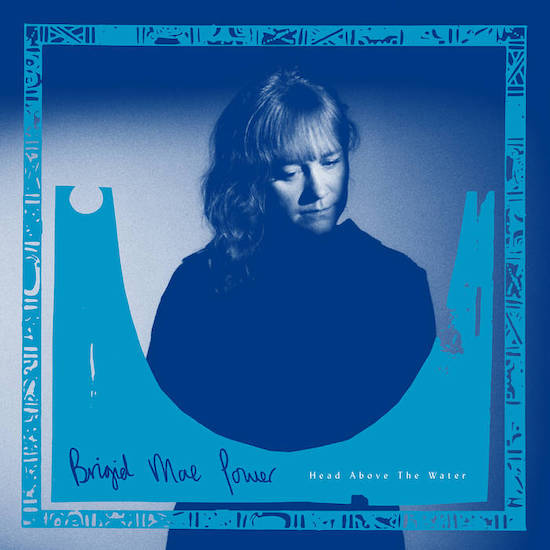This is Brigid Mae Power’s third album, released this time through Fire Records. She is mostly thought of as a folk singer, and certainly there is traditional material here, with a voice that holds within it the technical easiness and specific ornamentation that we associate with folksong and Sean Nós singing. Indeed, she’s great at this. Her vocals are fairly littered with little turns and grace notes that make the songs shimmer delightfully.
But this is not simply folk music. In fact, this is broadly speaking a country record. Even when things feel melodically trad, the track will shuffle and strum, and steel guitar will keen, birdlike over the arrangement.
Country is sorrowful music. It is born from generational loss, migration, grief and being cheated. This is why the English can’t do it. Those from Ireland and Scotland can though, because they understand these themes. History has taught them. Besides, country and Appalachian music has at least some of its roots in the traditional music of Scotland and Ireland.
The combining of styles works wonderfully here, not so dissimilar to Palace Music, or Amalgamated Sons of Rest (Alastair Roberts is one of the musicians here too).
It is Power’s skill as a songwriter that carries this though. Her writing is robust, mature and hypnotic. She’s a lyricist whose work feels natural and easy (though I’m sure it’s not), as though she is just thinking out loud. The brilliant ‘I Was Named After You’ is a great example of this. It feels intimate and conspiratorial, like we are being let in on a secret. But lyrics are complex things. It’s not enough to just be a good writer. The prosody matters, the stresses, the rhythms. Power’s writing pours out into the air flawlessly, like mercury running down a slope.
The album sound great too. The band are great, and this is interesting, because there are some very idiosyncratic players here, but all seem content to sit back and do just enough, just what the songs need. A signifier of good session work. Recordings are warm, performances taught but unhurried, the instrumental break in ‘We Weren’t Sure’ is just lovely, and the inclusion of the organ across the album is a decision that has really paid off.
There is a uniformity to the album. It has a pace and atmosphere that all tracks pretty much conform to, which in less skilled hands can be a problem. But here what we have is one of those records where your favourite track changes with each listen. One whose coherence and solidity allow you a little escape form everything, to a different place. A not altogether happy one, but a beautiful one nonetheless.


